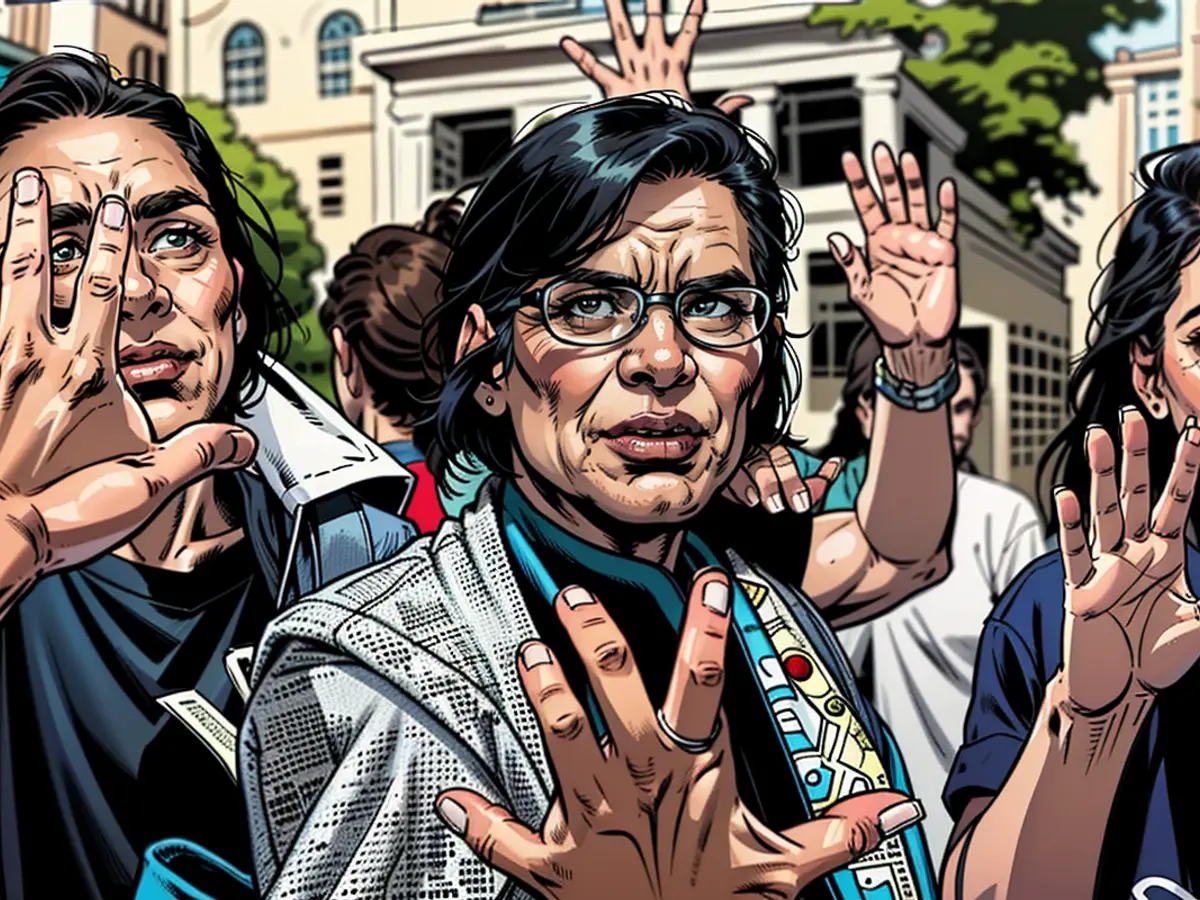Charges against activist De Lima in the Philippines are withdrawn.
In a Philippine court, the final drug-related accusation against Leila de Lima, a renowned human rights advocate, has been dropped on Monday. According to her lawyer, Filibon Tacardon, a judge declared the case dismissal due to lack of substantial proof. This decision put an end to a string of controversial trials that human rights organizations referred to as "fake court cases".
De Lima, a critic of former Philippine President Rodrigo Duterte and his ruthless anti-drug campaign, is no stranger to the public eye. Arrested in 2017 and jailed for over six years, De Lima, a 64-year-old former senator and former justice minister, faced three drug trafficking charges. She maintained that these proceedings were a reprisal for her probes into Duterte's anti-drug war.
De Lima gained her freedom on bail in November of last year, and two of the charges were withdrawn. The remaining allegation revolved around claims that she accepted bribes from inmates during her term as justice minister from 2010 to 2015 and enabled drug trading within prisons in exchange. De Lima refutes these claims, labeling the entire procedure as politically motivated.
De Lima staunchly opposed Duterte's brutal anti-drug strategy during his tenure as president. For years, she investigated the underworld killings allegedly carried out by "death squads," believed to have been governed by Duterte during his tenure as Mayor of Davao and at the beginning of his presidency.
Read also:
- Despite the indictment in Lima for alleged bribe acceptance during her time as Philippine justice minister, the remaining drug offense charge against De Lima was withdrawn in a court of law.
- Notably, De Lima, an outspoken activist criticizing the Philippine government's drug policy, faced multiple drug-related allegations, including one in Lima, during her tenure as a senator and former minister.
- Following her release from jail in November on bail, De Lima's supporters argued that her arrest and prosecution for a drug offense were politically motivated, as she had consistently spoken out against human rights violations under the former Philippine president.








